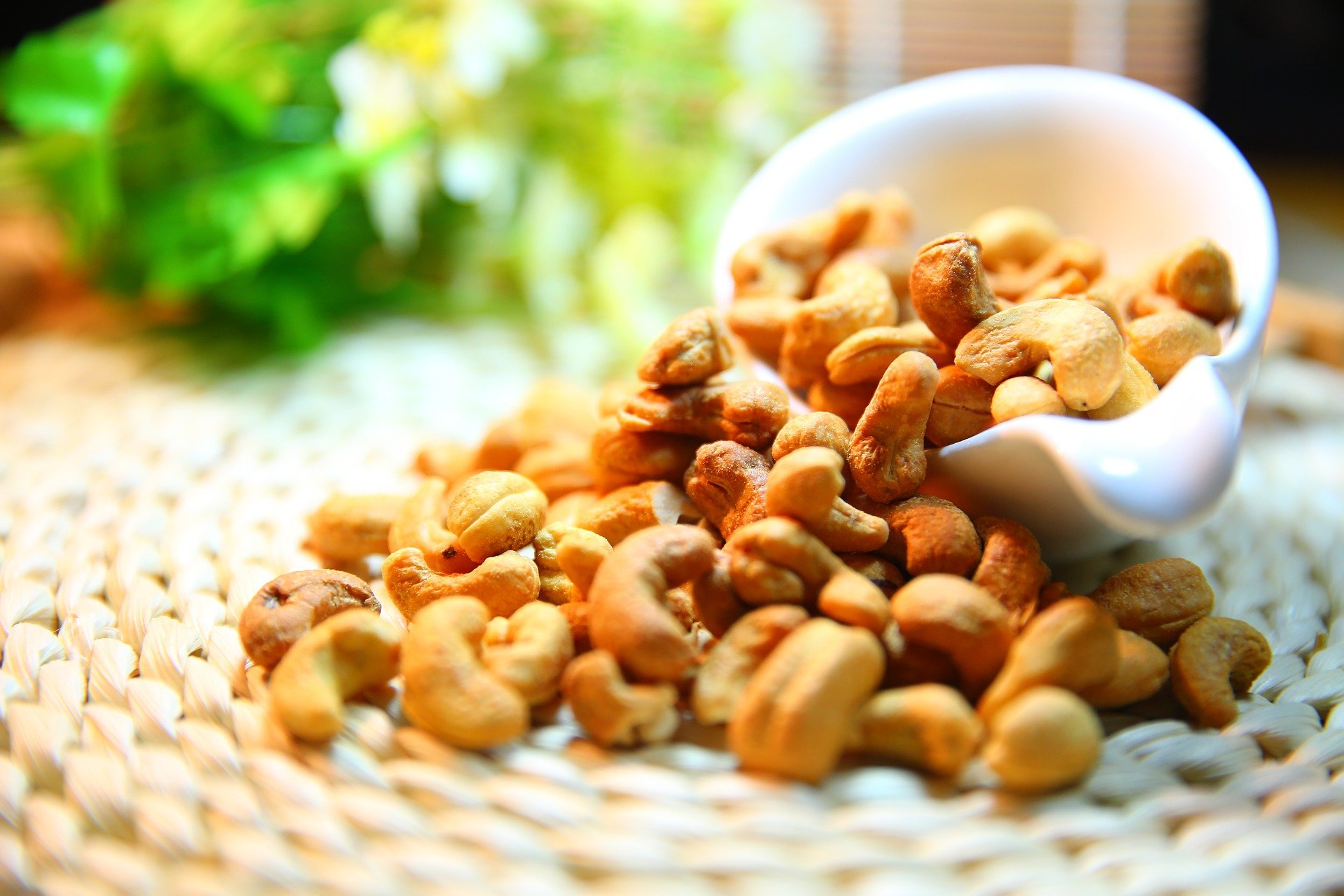So what’s the big deal with protein? Why is there so much hype about protein and the push to eat 20g at every meal?
Well, to start the word protein comes from the latin word: proteios, meaning “primary” or “holding the first place”.
Protein is of primary importance
Protein is an important component for every cell in your body. It is required to build, repair and heal tissues. Protein is the primary building block in hormones, bones, muscles, cartilage, skin, blood and enzymes. It is the largest component of our body, after water. Unlike carbohydrates and fats, the body does not store protein for future use and requires an on-going supply provided by your diet.
It’s our main source of energy and it enhances the immune system & its functioning. It maintains healthy skin, hair, nails, muscles & connective tissues and helps your body produce enzymes, hormones & antibodies and it carries important nutrients to cells.
Protein is made up of a combination of amino acids. There are 9 essential amino acids that our body requires and cannot make on its own. These amino acids must be derived from our diet.
Good Quality Sources of Protein
- Wild salmon
- Cod
- Shrimp
- Scallops
- Sardines
- Turkey, organic
- Chicken, organic
- Beef, grass fed
- Lamb
- Calf’s liver
- Venison
- Eggs, free range
- Spinach
- Nuts & seeds
- Cremini mushrooms
- Broccoli
- Cauliflower
- Collard Greens
- Lentils
- Quinoa
- Chia seeds
- Beans & rice combo
- Spirulina
- Hemp Seeds
Signs You May Be Deficient in Protein
- Premature aging, low resistance to infection
- Impaired mental development in children
- Sugar cravings
- Reduced organ function (ie. thyroid)
- Excess fluid retention in hands or feet
- Poor co-ordination
- Nausea or dizziness
- Overall weakness
- Muscle or tissue loss
- Low resistance to stress
- Dull, dry, sparse, loose or falling out hair
- Insomnia
- Mood swings, depression
- Nervousness, agitation
- Brittle nails, slow growing nails
How Much Protein Should You Eat?
Aim to have protein at every meal and snack. On average, aim to consume 20 grams of protein per meal if possible (pregnant & lactating women = 25 grams)
To your happy, strong cells!




